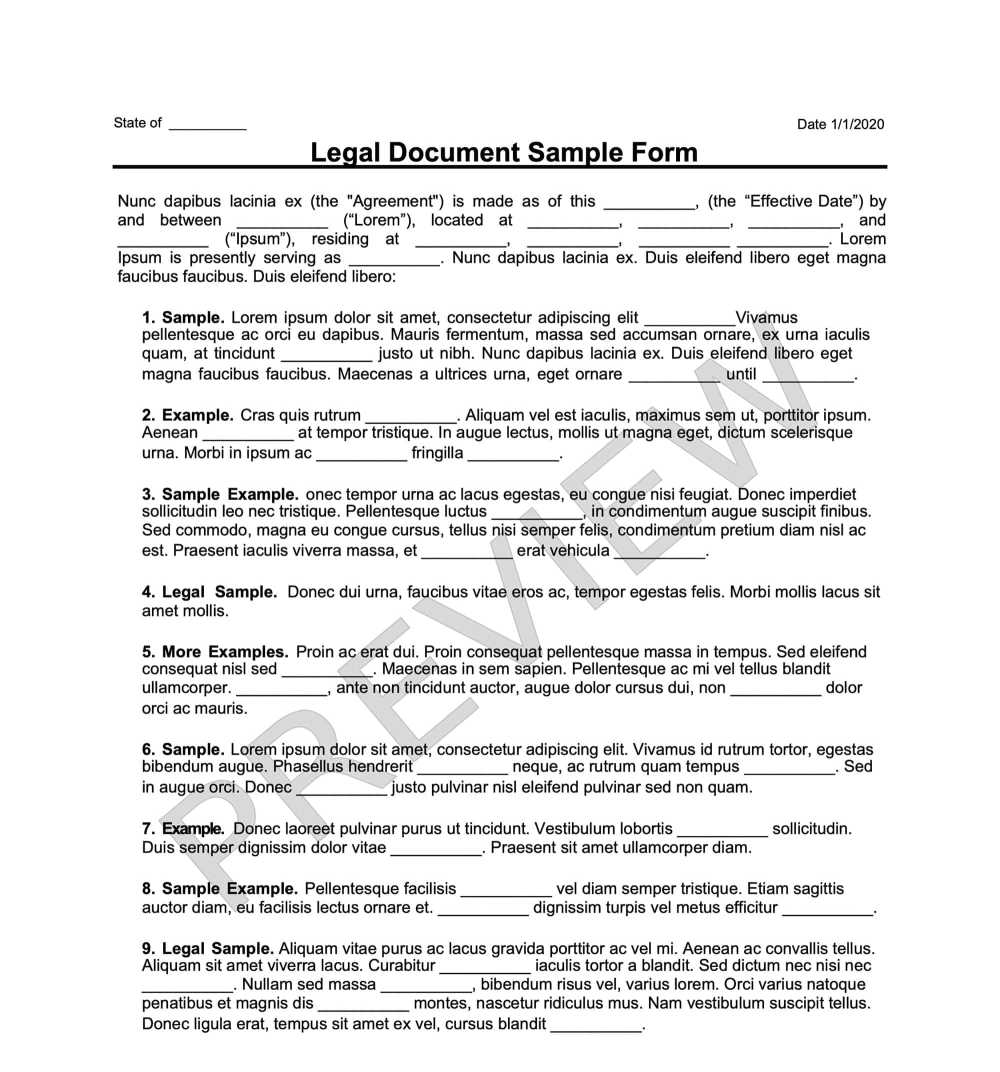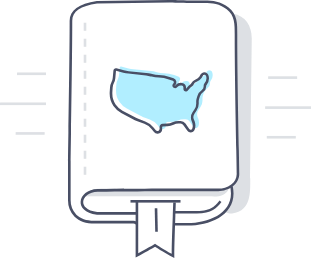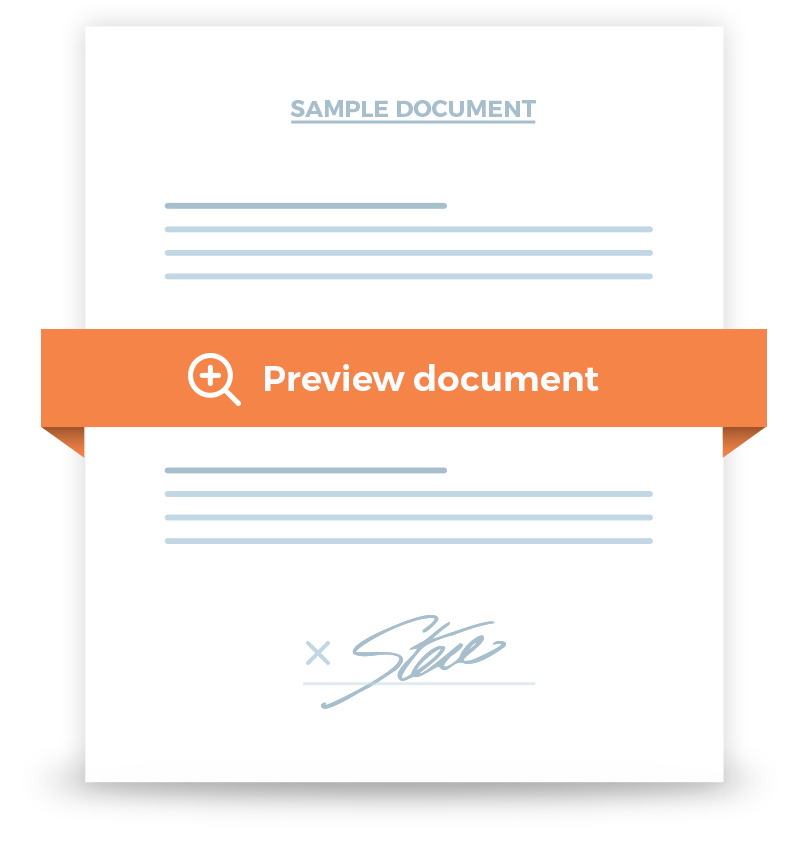Codicil
If you need to make changes to your will without having to destroy it and draft a new one, you can do so with a Codicil.


Frequently Asked Questions
Yes, there’s no legal restriction to making more than one change to your will. However, with every Codicil, you make it more difficult for your will to be executed in accordance with your wishes. It’s also easy to create contradictions and complications between Codicils that could make the probate both long and expensive.
If you only need to make small changes to the will’s intention, a Codicil is usually preferred. However, some situations are best handled by drafting a new will. Common instances when it’s better to write a new will include a new marriage if the marital status voids your previous will and if there’s a significant change in your personal assets.
To be legally eligible, an executor cannot be a minor or a convicted felon. Beyond those restrictions, you’re free to choose anyone you trust. Some states also limit executor status based on residency and your relationship to the person.
If there are contradictions, mistakes, or other obstacles to the execution of your will, it may be contested. Although any will, even one without mistakes, may be contested for various reasons, using a Codicil to plug any potential holes can prevent many contests from being accepted in probate.
In principle, no. Using a will generally ensures that your estate and anything you leave behind has to go through probate before being legally distributed. Nor can a will be used to avoid estate taxes if your assets are taxable.




